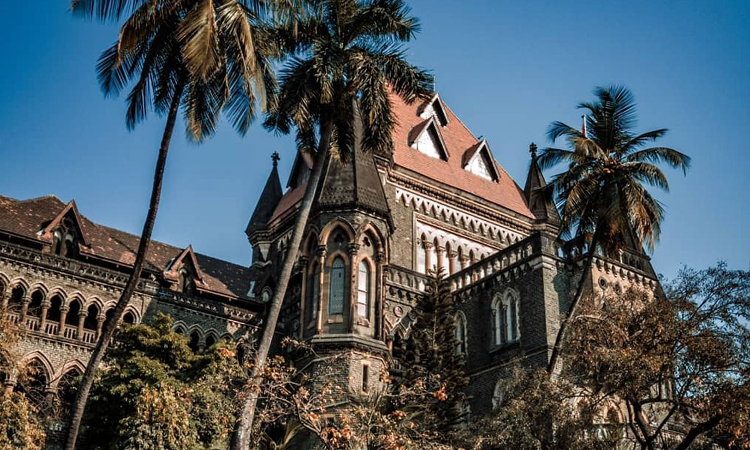Children Not Property, Parents Don’t Have Absolute Rights Over Their Destiny: Bombay High Court
Sharmeen Hakim
12 April 2023 10:12 AM IST

Next Story
12 April 2023 10:12 AM IST
“In India, matrimonial disputes constitute the most bitterly fought adversarial litigations and a stage comes when warring couples stop seeing reasons…In such cases, court’s must exercise the parent patriae jurisdiction,” the Bombay High Court observed while making visitation arrangements in a bitterly fought, long drawn matrimonial dispute.A division bench comprising Justices RD...
